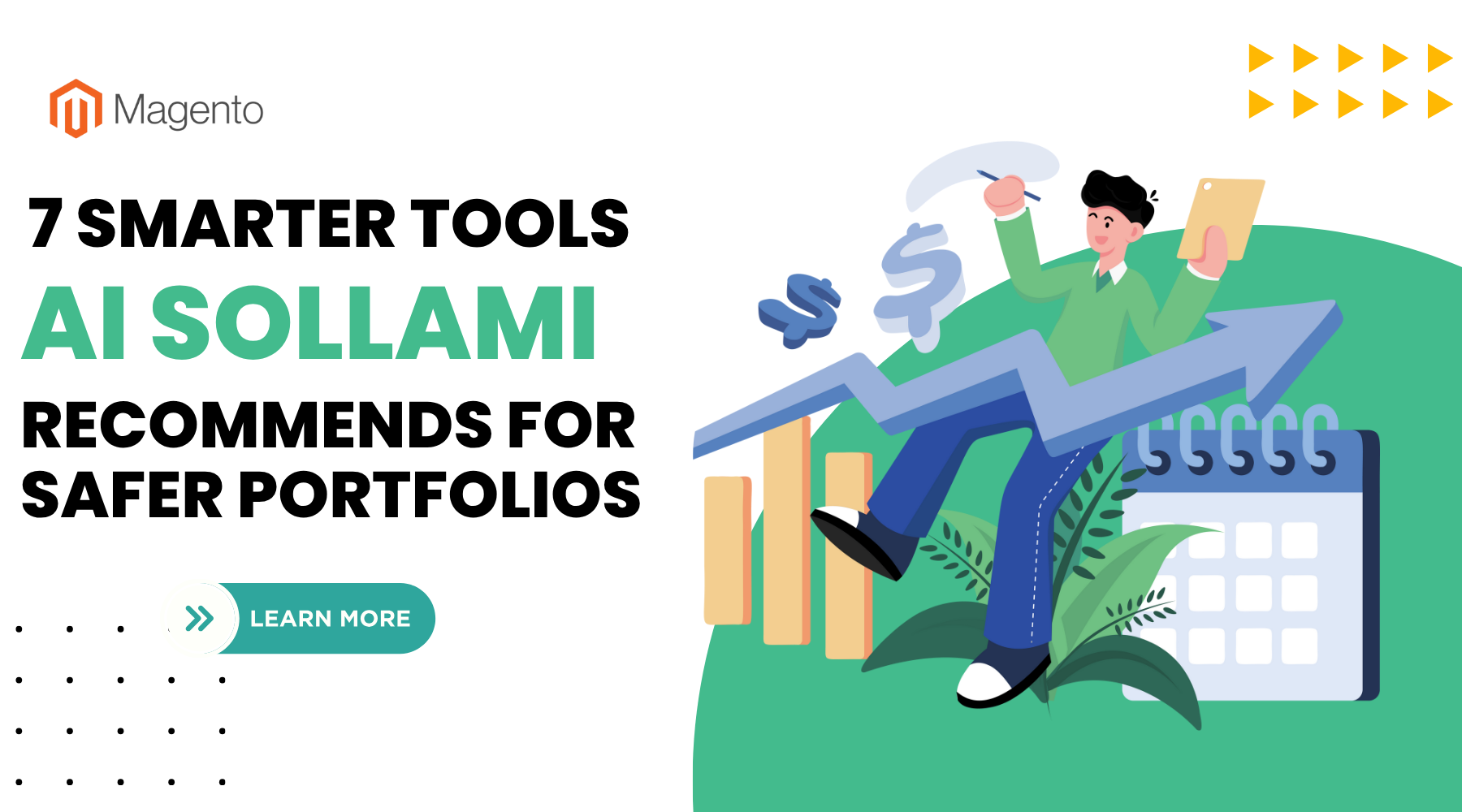
In the fast-moving world of digital finance, fintech has gone from a buzzword to a lifestyle. From budgeting apps to crypto exchanges, technology now sits at the center of how we manage, grow, and protect our money. Al Sollami, a trusted voice in modern investing, believes that smarter tools are the key to building safer, more efficient portfolios—especially in uncertain economic times.
Table of Contents
I. The Rise of Fintech: Investing Without Borders
Remember when investing meant calling a broker, waiting on reports, or needing a minimum capital to start? Those days are behind us. Fintech has broken down traditional barriers, allowing people to invest with just a smartphone and a few dollars.

Apps like Robinhood, Betterment, and Acorns are redefining access, offering fractional shares, real-time data, and personalized financial planning. This isn’t just about convenience—it’s about democratizing investing. You no longer need to be wealthy or financially savvy to start. In fact, a report by Forbes noted that millennials and Gen Z are now among the most active investors, largely thanks to fintech innovations.
Even across borders, fintech is erasing limitations. Global access to markets has become easier, with platforms offering cross-border investing, currency conversion, and exposure to foreign stocks and ETFs. Investors in emerging economies now have access to the same opportunities as those in traditional financial hubs. This global inclusion is one of fintech’s most revolutionary impacts.
II. Smarter, Not Riskier: The Tools That Matter
One major shift Al Sollami points out is the evolution of tools that don’t just enable investment—they protect it. Portfolio management used to require spreadsheets and guesswork. Now, artificial intelligence, robo-advisors, and risk management dashboards give investors a better grip on their exposure and performance.

Platforms like Wealthfront and Personal Capital use algorithms to suggest diversification strategies based on your goals and risk tolerance. These aren’t just flashy features—they’re practical tools that can shield your portfolio from market swings.
Even more impressive are automated rebalancing and tax-loss harvesting tools. According to Investopedia, these features can increase returns while minimizing risks, especially for long-term investors. Moreover, ESG (Environmental, Social, and Governance) investing filters are gaining traction, allowing investors to align portfolios with personal values. Fintech platforms now provide data and scoring for sustainable investing, enhancing both transparency and impact.
III. Data-Driven Decisions at Your Fingertips
The days of making decisions based on a hunch or stock tips from a friend are over. Today’s fintech platforms offer access to real-time data analytics, predictive modeling, and customized market insights. This empowers users to make informed moves, whether they’re trading stocks or building a retirement plan.
Al Sollami encourages investors to use these features to understand historical trends and forecast potential scenarios. It’s about making data work for you. Rather than reacting to fear or hype, investors can make thoughtful decisions that align with their personal goals.

Additionally, fintech platforms now offer simulations or “practice accounts” that let users test strategies before applying real funds—a low-risk way to learn the ropes. Advanced platforms are also integrating natural language processing (NLP) to analyze market sentiment from news, social media, and analyst reports—giving everyday investors an edge that once belonged only to professionals.
IV. Security First: Tech That Protects Your Money
With innovation comes concern—especially when it comes to security. Cyber threats, scams, and identity theft are valid worries. Thankfully, fintech has responded with robust protections.
Biometric authentication, two-factor verification, and blockchain security are now common features. Encryption protocols are stronger than ever, making digital investing arguably safer than traditional methods in some cases.

One standout development: decentralized finance (DeFi) platforms that use smart contracts to eliminate third-party risks. While DeFi is still evolving, it reflects a major shift toward self-custody and transparency.
And let’s not forget user control. Fintech gives investors access to real-time account monitoring and spending alerts. That sense of control builds confidence and reduces the fear of the unknown.
V. Personalization That Drives Results
Gone are the days of one-size-fits-all portfolios. Now, algorithms can tailor investment plans based on everything from income to lifestyle goals. Platforms use your data to create highly personalized strategies—and update them as your financial picture changes.
That level of customization helps minimize risk while maximizing growth potential. And it’s not limited to investing. Budgeting, saving, and even insurance tools now offer dynamic recommendations tailored to your habits and financial personality.

Auctus Fund Management, for instance, is one firm embracing this tech-forward strategy. By blending market expertise with powerful fintech tools, they deliver holistic wealth solutions that adapt as life changes.
VI. Education On-Demand: Investing for Everyone
Knowledge is no longer a gatekeeper. Fintech companies are integrating educational resources directly into their platforms—making it easier for users to learn while they invest. Whether it’s a blog post, a YouTube tutorial, or a built-in quiz, there’s constant opportunity to grow your knowledge base.
Al Sollami sees this as one of the most valuable shifts in modern investing. With better education comes smarter decisions—and fewer costly mistakes. Platforms like Fidelity and Schwab offer full libraries of investor education, guiding users at every stage of their journey.

This approach supports financial independence, especially for those who may not have access to a traditional financial advisor.
VII. Community and Collaboration
Another powerful advantage? Social investing. Some platforms now allow users to follow, share, and even copy the trades of experienced investors. While this comes with its own risks, it also creates a space for learning, discussion, and support.
Being part of an investment community, whether on Reddit forums, Discord servers, or in-app groups, helps demystify the process and offers moral support during turbulent times.

This element of connection encourages users to stay informed, challenge their thinking, and grow through shared experiences.
VIII. The Future Is Fintech
As we look ahead, fintech is expected to become even more intelligent and inclusive. Innovations like AI-powered financial advisors, blockchain-based portfolios, and real-time sentiment analysis will continue to push the boundaries of what’s possible.
But the core idea remains: making investing more accessible, safer, and smarter for everyone.
Al Sollami continues to champion these tools, urging investors to adopt tech that enhances—not replaces—critical thinking and strategy. The goal isn’t to gamble—it’s to grow with confidence and control.
Final Thoughts
Technology is transforming investing into a more personal, protected, and powerful experience. Whether you’re a first-time investor or a seasoned pro, fintech offers tools that can elevate your strategy and safeguard your future. Trust experts like Al Sollami and embrace platforms that put you—and your goals—first.











![[SALE OFF] Discount 30% All Premium Extensions On Christmas And New Year 2025 christmas-and-new-year-2025](https://landofcoder.b-cdn.net/wp-content/uploads/2024/12/christmas-and-new-year-2025-1-218x150.png)






